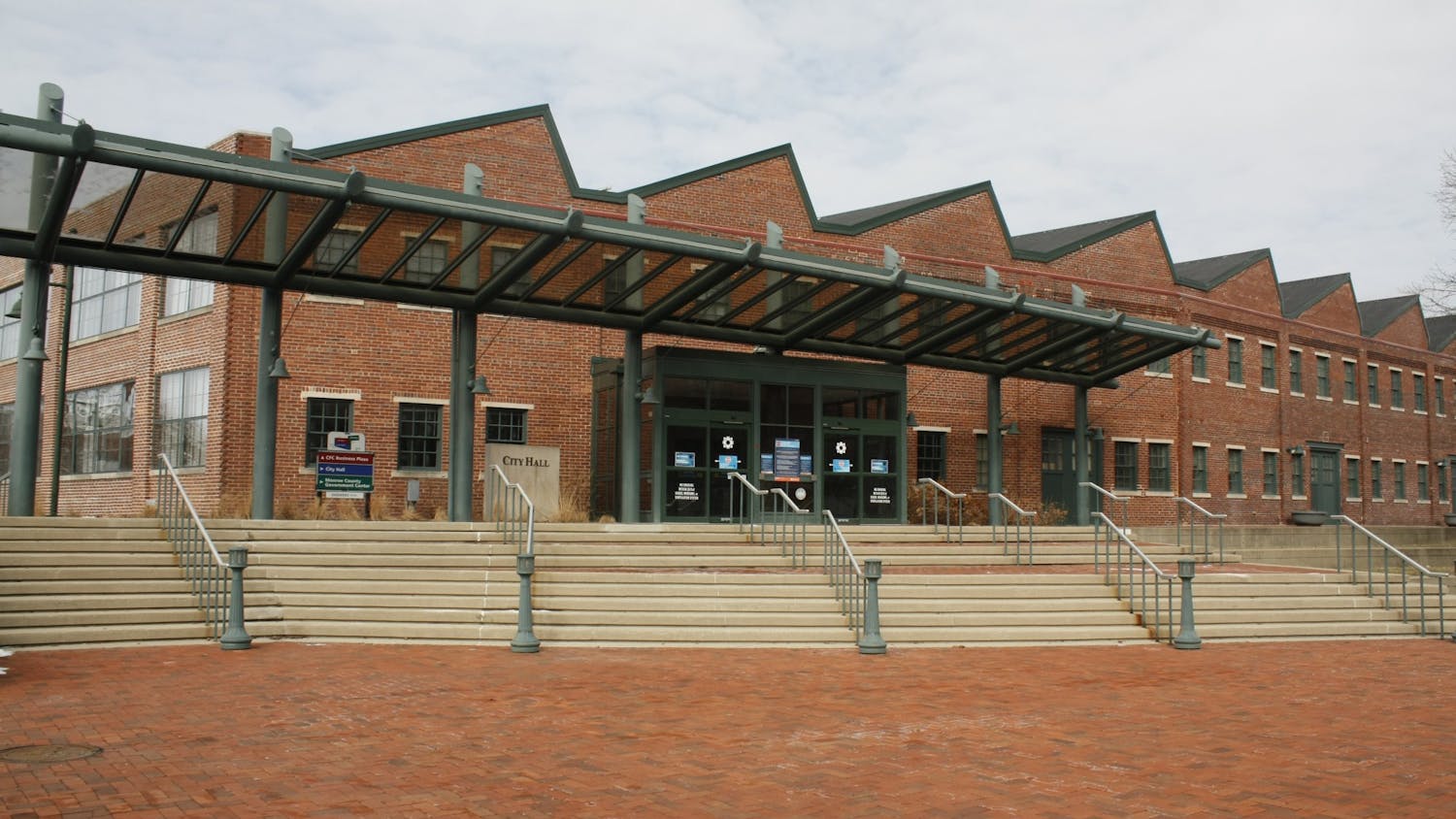Despite several setbacks, Environmental Protection Agency officials say Viacom beat the Jan. 1 deadline for its $200 million cleanup of pollutants a subsidiary dumped in the Bloomington area in the 1950s, '60s and '70s.\nBut the matter is not yet resolved, as PCBs were leaking from a water treament plant at the Lemon Lane Landfill on the west side of Bloomington. In June, the EPA found leaky tanks that will have to be removed and replaced, said EPA on-scene coordinator Ken Tyson. \nPCBs -- polychlorinated biphenyls -- were banned for most uses in 1967, and the EPA has determined that they cause skin, eye and liver problems, and may cause cancer and birth defects.\nEarth Tech, the contractor that built and operates the plant near the Lemon Lake Landfill, is seeking to outsource the replacement, said Brett Luther, project manager of the plant. \n"We certainly hope to get this resolved as quickly as possible," said Tom Amalco, a Chicago-based EPA spokesman.\nSet up in May, the plant treats water from Illinois Central Spring, which is contaminated by the PCBs from the landfill. Bu, it's only able to process 100,000 gallons per minute. It can't handle heavy rains; the two 650,000 tanks were supposed to store the water until the plant could treat it.\nBecause of the leaks and several failed attempts to fix them, the tanks have not been used.\nAbout 24 million gallons of contaminated water have bypassed the treatment plant since May, Tyson said. \nViacom inherited the liability from Westinghouse Electric Corp., which it bought out. Westinghouse, which ran a refrigerator plant in Bloomington, dumped PCB-contaminated electrical capacitators throughout the region. Westinghouse had then signed a consent decree to clean it up.\nThe consent decree is an agreement between Westinghouse and the city, county, state and federal governments providing for the cleanup of 650,000 cubic yards of PCB-contaminated materials buried at six Monroe and Owen county sites.\nU.S. District Judge S. Hugh Dillin had set a deadline of Jan. 1, 2001, to complete work at the half-dozen Bloomington-area sites.\nViacom completed the cleanup of the Lemon Lane Landfill last month. \n"We met the deadline, just under the wire," said Dottie Alke, Viacom's cleanup project manager. "We signed up for something and made it happen."\nThat cleanup was limited to hot spots or areas of PCB concentration. According to the EPA, it is unknown how much of the suspected carcinogen remains in the soil and groundwater.\nWestinghouse cleaned up Neal's Landfill and Bennett's Dump in western Monroe County, the Winston-Thomas sewage plant south of Bloomington and Neal's Dump in Owen County. \nThe Lemon Lane cleanup, which was completed in December, marked the end of a 20-year process. Tyson said, Viacom found 80,000 tons of PCBs, twice the expected amount. \nAltogether, Viacom removed 326,000 tons of contaminated soil and more than 14,000 capacitators, according to the EPA. The capacitators were incinerated in Texas, and the contaminated soil went to a licensed landfill in southeastern Michigan.\n"In many ways, we've lifted a cloud of environmental uncertainty from our community," Mayor John Fernandez said. \nAdvocating complete removal, some community members have sharply criticized the cleanup for being limited to hot spots.\n"It's scandalous … inconceivable that these chemicals would be left near a residential area," said Elizabeth Frey, who is suing the EPA about the cleanups.\nHer case is pending in federal appeals court.\nUnder its agreement with the EPA, all that remains for Viacom is groundwater monitoring and the removal of contaminated stream sediment. It will maintain and inspect the five sites of contamination.\n"I'm sleeping darn well," Fernandez said. "(But) we must be mindful that our work on PCBs is far from finished"
Viacom finishes PCB cleanup
Get stories like this in your inbox
Subscribe





